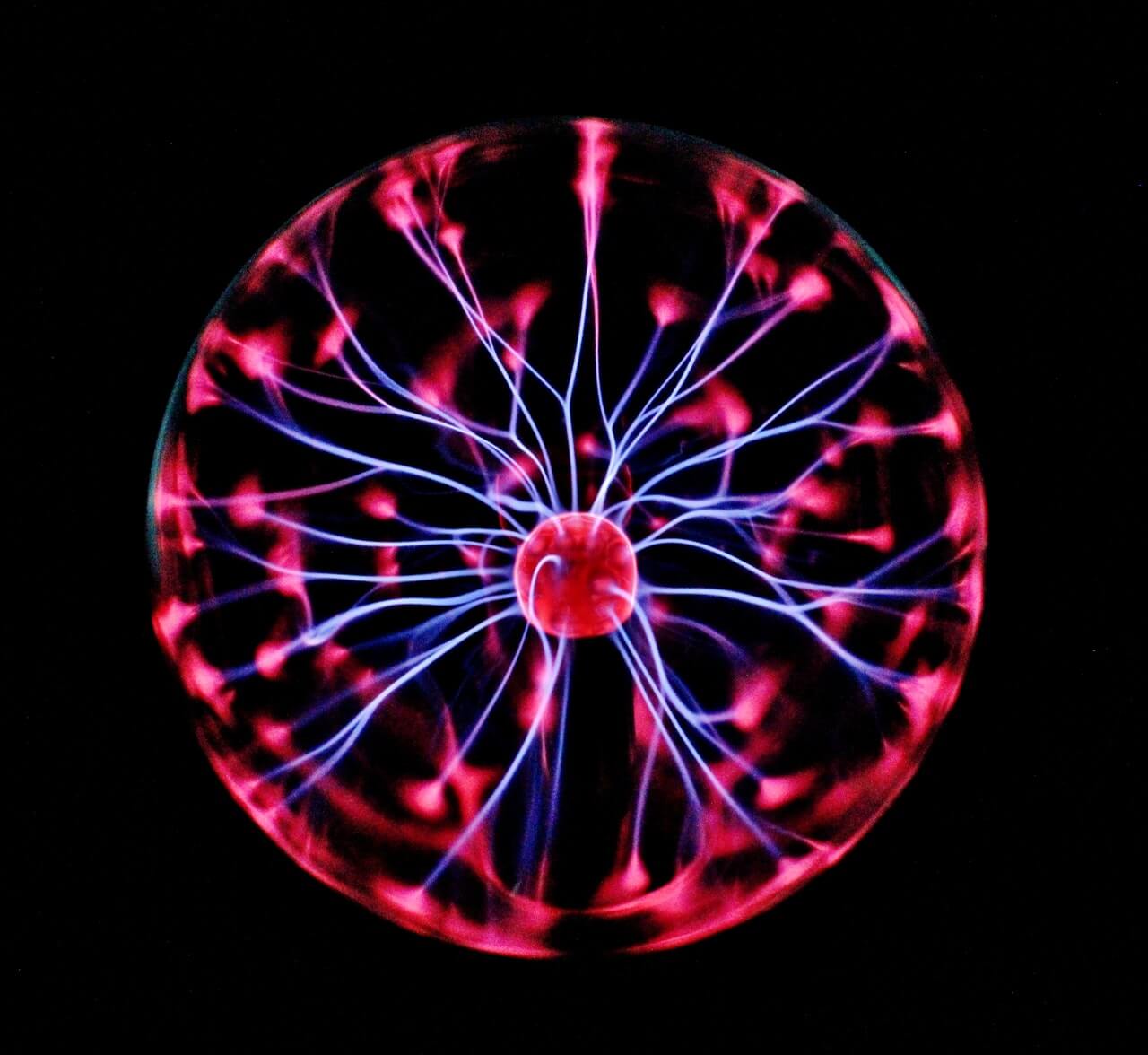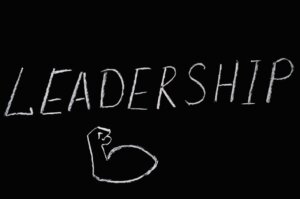Three ways to understand yourself in systems
Events, Patterns, and, Structure
There are three ways to think about yourself and your behavior in complex systems. To increase your effectiveness as a leader, it is useful to understand all three and how they interconnect. You can understand yourself in systems through the lens of Events, through the lens of Patterns, and/or through the lens of Structure.
When you look at yourself in systems at the Event level, you can answer the question, “What just happened?” For a leader looking at her own performance, an event is a particular leadership incident and how she handles it.
When you look at yourself through the lens of Patterns, you can answer the question, “What’s been happening?” As a leader, you can learn to see your patterns of behavior over time in response to significant leadership challenges.
When you look at yourself through the lens of Structure, you can answer the question, “What is the cause?” What is the root cause of my behaving in repetitive ways in response to difficult challenges?
How you as a leader respond to one high stakes, particularly difficult leadership situation represents an event in your life as a leader. When you notice that you have reacted in very similar ways before in other high stakes situations, you are seeing your patterns of behavior.
When you see particular events, and a repeating pattern in your leadership behavior, you can find the root cause, the underlying structure that shapes your reactions, in your deep systemic story. Your deep systemic story is the place from which your entrenched patterns of behavior emerge. That deep story is the narrative—with discernible plot-line and character structure—you have created about your experience in systems.
Your leverage for change increases as you understand events, then patterns, and then structure. At the event level, you may change your reaction so that the outcome of a particular situation is a bit more desirable. As the pattern level, you can work on changing your patterns of behavior over time. At the structural level, the level of story, you can shift your underlying assumptions, change how you see yourself as a person and as a leader in the world, and make deeper, long-lasting changes. You can learn to transform your story and, thereby, transform your leadership.
Examples
Here are some examples of Events, Patterns, and Structure from people I have worked with. As I mentioned in the last post, I have kept the essence of these examples true to the stories; I have fictionalized them so that the sources remain anonymous.
Coaching Employees who aren’t Committed
Event: A marketing company executive started coaching four of her employees. She experienced two of them as fast, bright, and motivated, and the other two as slow, not as bright, and not very motivated. She was still coaching the two motivated employees but had stopped working with the other two.
Pattern: In further conversation, the executive stated that this was not a new behavior for. She said, “Oh, I’ve always done this. I always stop working with the people who aren’t fast, smart and motivated. I don’t know what causes me to do it, but I always do.”
Structure: The executive asked to explore her pattern of behavior at the story level. She saw the connection almost immediately. Her father was a very successful, well-known person in his field. When he worked with her and her sister, he experienced her as quick, bright, and motivated. He experienced her sister as slow, not as bright, and not as motivated, and he stopped working with the sister.
This executive saw that her assumptions and behavior were exactly the same as her father’s assumptions and behavior toward her sister. “Because I experienced them as slow, I have been assuming, without even realizing it, that they were not as bright and not as motivated.” She immediately explored other possible assumptions and changed her behavior. She created a new story in which she worked successfully with all her reports.. Now she is coaching all of them.
Deep Ambivalence about New Challenges
Event: I recently got very happy and excited about a big new project at work. The opportunity to take on something big energized me. Then, a sense foreboding came over me—I had a deep fear that I would do something to make the project go wrong.
Pattern: Over my career, it seems that every time I am have a significant new opportunity, I first get excited about it and then experience a deep sense of dread.
Structure: My father’s musician colleague, Bill, came by to visit. He had just returned from a trip to New York where he had purchased a hot new jazz album for my dad. I came out to say hello to Uncle Bill. In my excitement I ran into the room, jumped up on the couch, and broke the record Bill had given Dad. I felt horrible. I had greatly displeased my Dad, my hero; he was disappointed that I broke something he valued. I learned to fear that I would mess up things I get I get excited about.
Needing Affirmation to Feel Good
Event: In Q1 I felt great. My group and I were at the top of our game. We were exceeding all our numbers and getting rave reviews from the organization. Now, here we are in Q2 with a big slowdown, and we don’t hear anything from anyone. I feel terrible about myself and very guilty about not achieving.
Pattern: For as long as I can remember, I have felt great when I was accomplishing great things and getting recognition for it. Then, even a short time later, when I am not achieving the best and getting praise, I feel terrible. I’ve wondered for years why I need recognition to feel good about myself.
Structure: My father is a very bright, but reserved, intellectual. He relates to other people, including me, almost solely on the head level. As his son, I learned I could get his attention by doing great things like making perfect grades, which I did. My father noticed me and gave me lots of praise for my achievements, but he never praised me for just being an all around good guy.
What you can do
If you want to understand and enhance your leadership capabilities, pay attention to important events and how you handle them—what you think, what you feel, what you do.
Then, look at your patterns of behavior over time. What responses have you tended to repeat when reacting to challenging events?
Then, ask yourself, how/when did I experience these feelings, thoughts, and behaviors in my first system? How did I learn to respond in this way? What is the story I am telling myself about these significant experiences? What implicit assumptions am I making that support this story? What are my feelings? My behaviors?
Then ask, what are other assumptions, feelings, and behaviors that would better fit my current leadership challenges?
If you can answer the above questions clearly, you are learning to see your leadership story and create a new one.
Future Posts
In ensuing posts, we will look at broader, archetypal cultural stories, why we create them, and how they shed light on our own leadership stories. Then we will summarize the process, the steps, the key questions you need to answer to see your systemic story and, if desired, to change it. Finally, we will examine the underlying transformation that often occurs when a leader truly sees her deep story and begins to create a new one.
Good journey, and to be continued….
——————
If you would like to learn more about story work and/or consider story coaching, feel free to call or email me at:
Steven P. Ober EdD
President: Chrysalis Executive Coaching & Consulting
Partner: Systems Perspectives, LLC
Office: PO Box 278, Oakham, MA 01068
Home: 278 Crocker Nye Rd., Oakham, MA 01068
O: 508.882.1025 M: 978.590.4219
Email: Steve@ChrysalisCoaching.org
www.ChrysalisCoaching.org
Steve is a senior executive coach and consultant. He has developed and successfully uses a powerful approach to leadership coaching, Creating your Leadership Story, which enables leaders to make deep, lasting improvements in their leadership effectiveness in short periods of time. He and a group of partners have created a breakthrough educational program, Coaching from a Systems Perspective, in which you can significantly enhance your abilities as a systemic leadership coach. See http://SystemsPerspectivesLLC.com.
 Sections of this topic
Sections of this topic
















